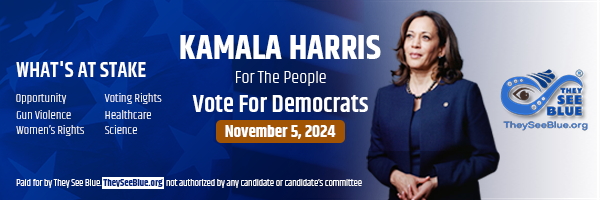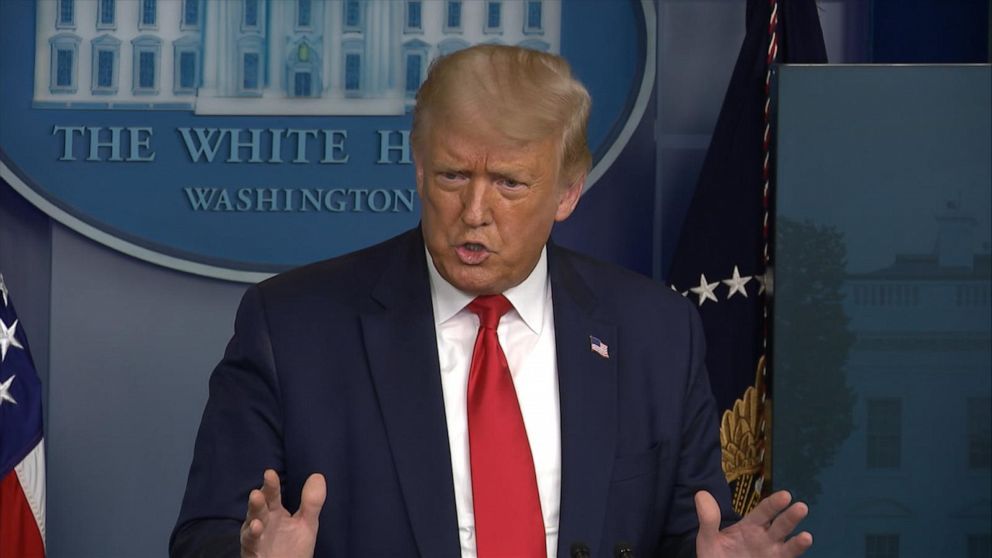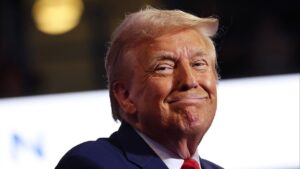President Donald Trump on Wednesday dismissed Democratic demands for aid to cash-strapped cities in a new coronavirus relief package and lashed out at Republican allies as talks stalemated over assistance for millions of Americans. Another lawmaker tested positive for the virus.
Republicans, beset by delays and infighting, signaled a willingness to swiftly approve a modest package to prevent a $600 weekly unemployment benefit from expiring Friday. But House Speaker Nancy Pelosi, D-Calif., roundly rejected that approach as meager, all but forcing Republicans back to the negotiating table.
“As of now, we’re very far apart,” said Treasury Secretary Steven Mnuchin, the White House’s top negotiator.
Stark differences remain between the $3 trillion proposal from Democrats and $1 trillion counter from Republicans putting aid for millions of communities at risk. Money for states and cites is a crucial dividing line as local governments plead for help to shore up budgets and prevent deeper municipal layoffs as they incur COVID-19 costs and shutdown economies.
Trump complained about sending “big bailout money” to the nation’s cities, whose mayors he often criticizes.
“It’s a shame to reward badly run radical left Democrats with all of this money they’re looking for,” he said at the White House.
Democrats proposed nearly $1 trillion for the local governments, but Trump and Republicans are resisting sending the states and cities more cash.
Instead, the GOP offers states flexibility to more broadly use an earlier $150 billion allotment that had been restricted to virus-only needs. At one point this year, Senate Majority Leader Mitch McConnell, R-Ky., said states could just declare bankruptcy.
Governors and mayors who have been urging Congress for help, warned the failure to act would hit hard in local communities.
“If Congress fails to dedicate financial assistance to state and local governments, it will force deep cuts to the very programs workers and families need to get back on their feet,” said Tara Lee, spokeswoman for Gov. Jay Inslee, D-Wash.
Most states have built up reserves since the Great Recession and were meeting current revenue expectations before the pandemic stopped swaths of the economy in its tracks in March.
But as the virus took hold, layoffs have begun. By June, about 1.5 million fewer people were working for governments in the U.S. compared with February, according federal data. More than half the government layoffs have been in education, a sector facing daunting costs as schools prepare to reopen to students.
Congress in March sent $150 billion to the states, big cities and counties, but experts say it’s not nearly enough and didn’t reach smaller jurisdictions. Last month, Moody’s Analytics said states were facing a cumulative budget gap of $312 billion over the next two years and local governments would need nearly $200 billion more. Some estimates have calculated the budget gaps as even bigger.
“These are not fancy actions,” said Nan Whaley, the mayor of Dayton, Ohio, and vice president of the U.S. Conference of Mayors. “These are actions around emergency medical providers, fire, police, services the president claims he values.”
It’s clear that Democrats hold sway in the negotiations because Republicans are so deeply divided over the prospect of big government spending.
Trump dismissed the GOP bill as “semi-irrelevant” as his team launched talks with Pelosi and Senate Democratic leader Chuck Schumer of New York.
McConnell defended his approach as “serious,” but he was unable to bring his majority on board. Many Republicans started coming around to the White House’s pitch for the fallback plan of a smaller package by Friday.
That’s when the $600 unemployment benefit boost as well as a federal eviction moratorium on millions of rental units expire, potentially sending households into devastating turmoil.
Speaking at the White House, Trump signaled his interest in reaching a deal and preventing an eviction crisis.
But the president said his GOP allies should “go back to school and learn” after they balked at $1.7 billion for FBI headquarters in the bill. Trump wants the FBI’s central building to remain in Washington, across the street from his Trump International Hotel. McConnell opposed the request as unrelated to virus relief.
But Pelosi showed no interest in going small bore on aid. Asked by reporter what she thinks of that approach Pelosi said, “Nothing. Not even ‘not much.’ Nothing.”
Republicans propose cutting the $600 weekly unemployment benefit bump to reduce it to $200 a week as an incentive to push people back to work. On the eviction freeze put in place in March, Democrats proposed extending it, but Republicans did not include it in their bill and Trump hasn’t specified what he’s willing to do on that.
“There’s no consensus on anything,” said Sen. John Cornyn, R-Texas.
At the Capitol, Pelosi used a zoo metaphor to explain to Mnuchin and White House chief of staff Mark Meadows the gulf between the two bills.
Say you are at the zoo, Pelosi told the White House team late Tuesday during private talks. You see a giraffe. You see a flamingo. These two bills, she said, they “aren’t mateable.”
Schumer called the Democratic approach a lion — a “beautiful lion.”
The conversations were relayed by two people who were not authorized to publicly discuss the private session and spoke on condition of anonymity.













